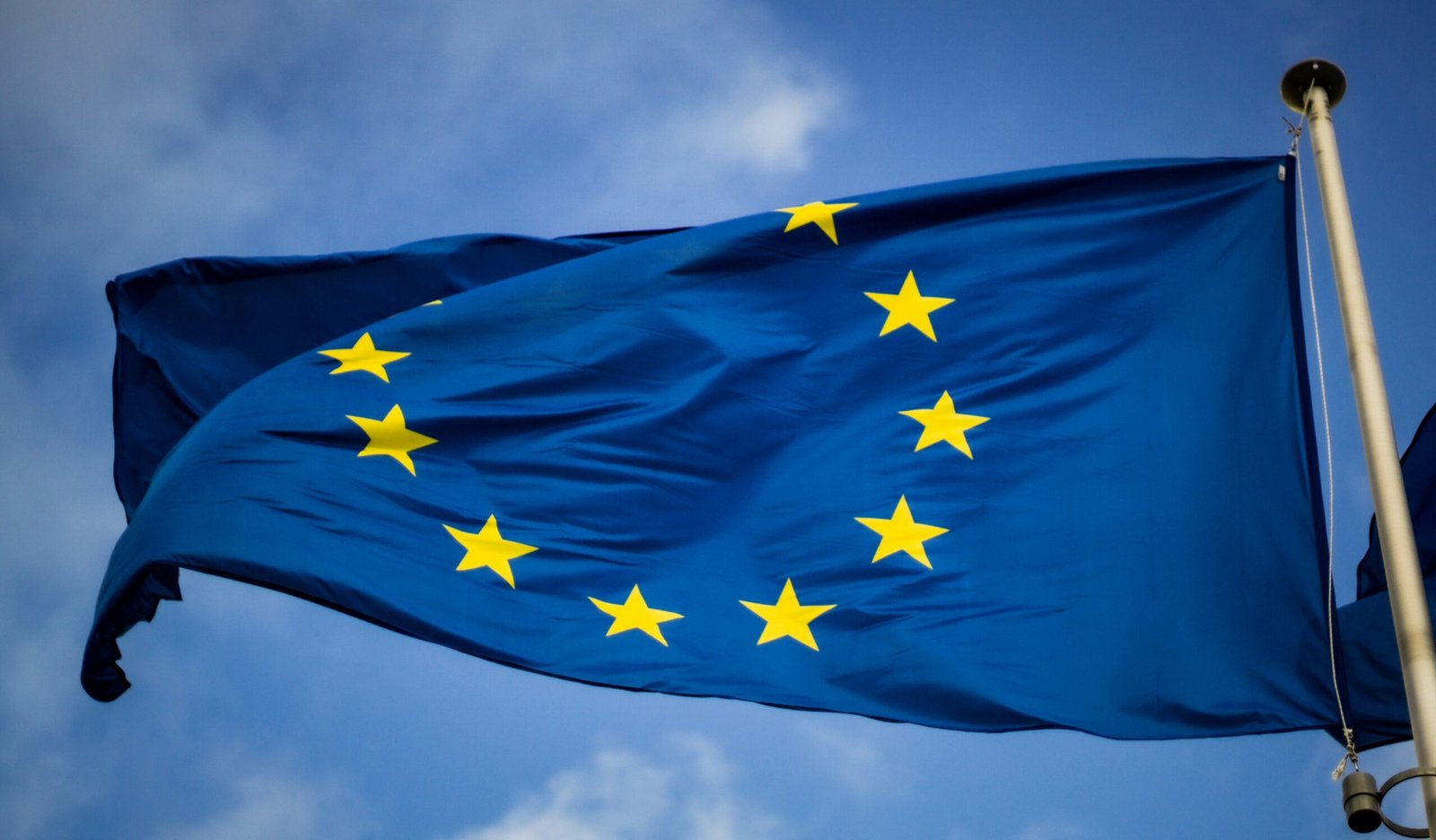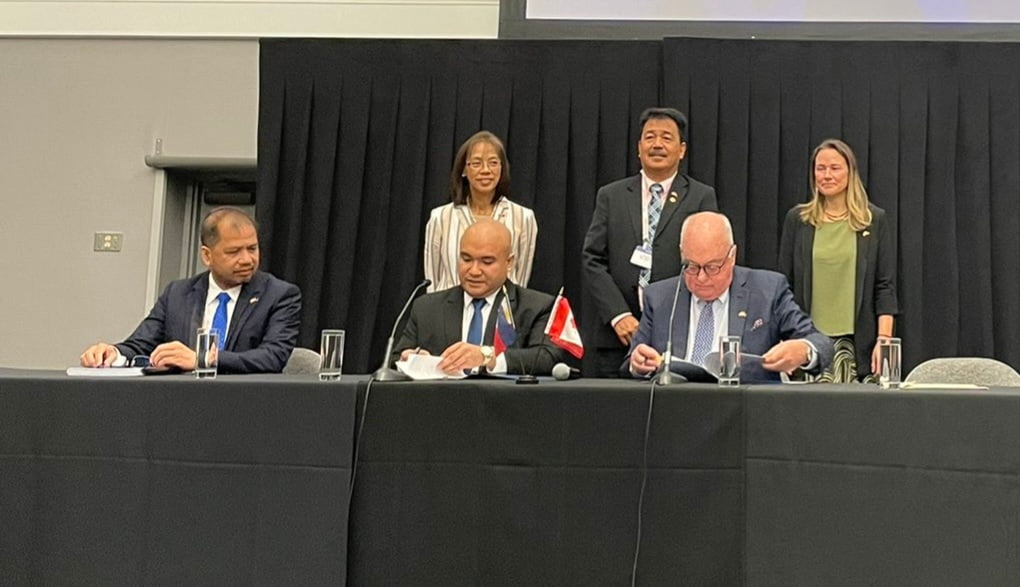
The European Union (EU) has decided to extend the recognition of the Philippines’ seafarer training and certification system, ensuring that Filipino seafarers can continue to work on EU-flagged vessels. This comes after a thorough review process conducted by the European Commission (EC).
The recognition of the Philippines’ compliance with the Standards of Training, Certification, and Watchkeeping (STCW) Convention by the EU will prevent job losses for approximately 50,000 Filipino seafarers. The European Maritime Safety Agency (EMSA) conducted an assessment of the measures taken by the Philippines, and the EU responded positively, stating that the country has made significant progress and improvement in meeting the requirements of the STCW Convention.
Since 2006, the EU has raised concerns about the Philippines’ compliance with STCW standards. In 2021, the EC warned that it would withdraw its recognition of Filipino seafarers’ certificates if serious measures were not taken by Philippine authorities. The country’s highest recorded shortcomings were 76 in various years, but in 2020, this number was reduced to 9.
The Commission on Higher Education (CHED) has been working closely with the Maritime Industry Authority (MARINA) to address the findings on STCW compliance. Initiatives such as curricular reforms, examination and assessment improvements, shipboard training enhancements, and capacity-building programs for CHED, MARINA, and Maritime Higher Education Institutions (HEIs) have been undertaken.
CHED Chairman Popoy de Vera expressed his satisfaction with the EU’s recognition, stating, “This is a huge victory for the country. Now, after so many years, we finally receive confirmation that our compliance efforts are recognized by the EU.” De Vera attributed this success to the unwavering commitment of President Ferdinand Marcos, Jr., who prioritized resolving the issue by convening cabinet meetings and instructing relevant agencies to work together.
Transportation Secretary Jaime Bautista and MARINA were commended for preparing a detailed compliance report with extensive attachments, demonstrating the seriousness of the Philippines’ response to the observations made by the EU. The EU acknowledged the efforts of the Philippine authorities and emphasized the need for continuous improvement in areas highlighted in their report.
CHED is ready to collaborate with MARINA and maritime HEIs to implement the necessary reforms based on the areas identified by the EU. These reforms include monitoring, supervision, and evaluation of training and assessment; examination and assessment of competence; program and course design and approval; availability and use of training facilities and simulators; on-board training; and the issuance, revalidation, and registration of certificates and endorsements.
The extension of recognition by the EU is a testament to the Philippines’ commitment to ensuring the highest standards of training and certification for its seafarers. It not only safeguards the livelihoods of Filipino seafarers but also reinforces the country’s reputation as a reliable source of skilled maritime professionals.
With the continued collaboration between CHED, MARINA, and other agencies, the Philippines will strive to further enhance its compliance with international standards, ensuring that Filipino seafarers remain highly sought after in the global maritime industry.
Source: https://ched.gov.ph/


